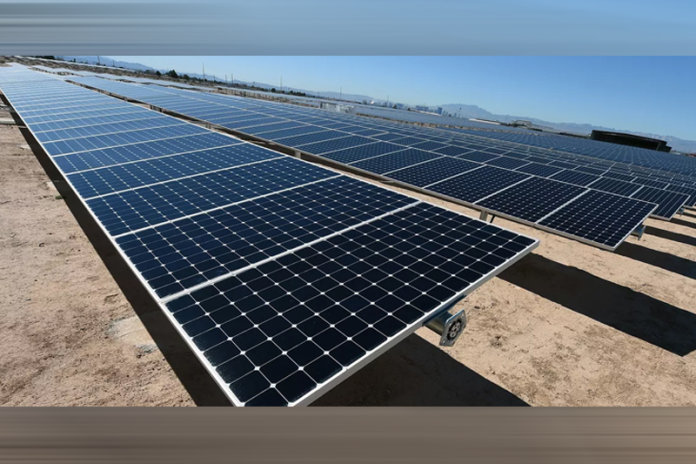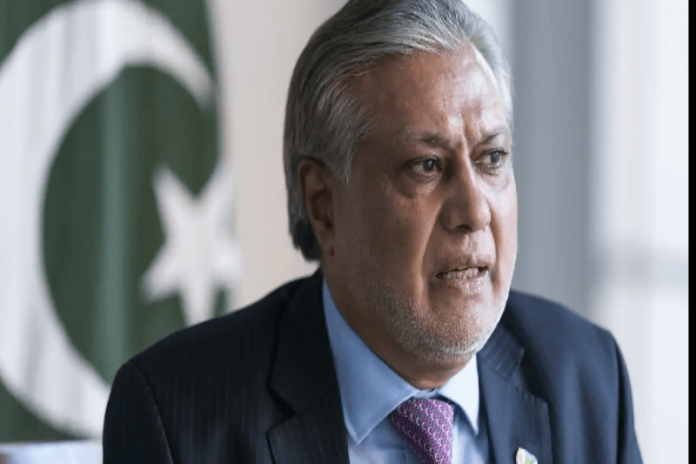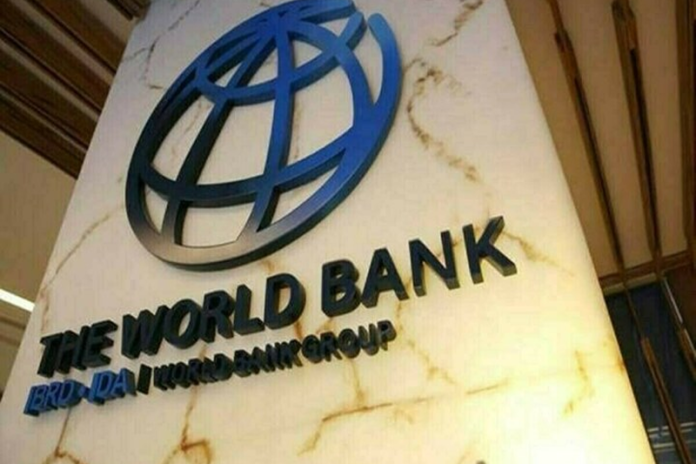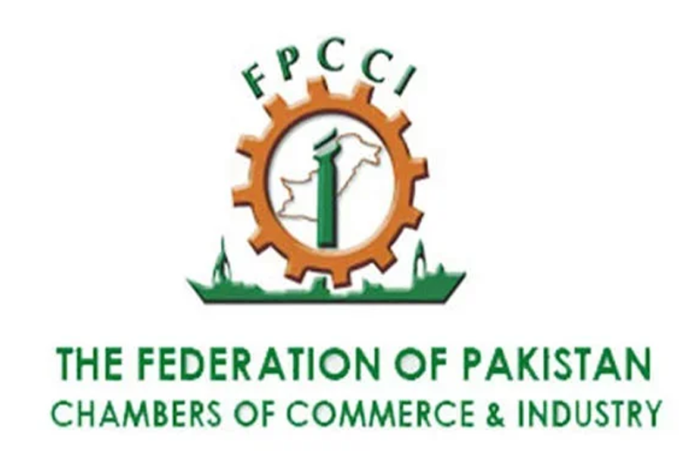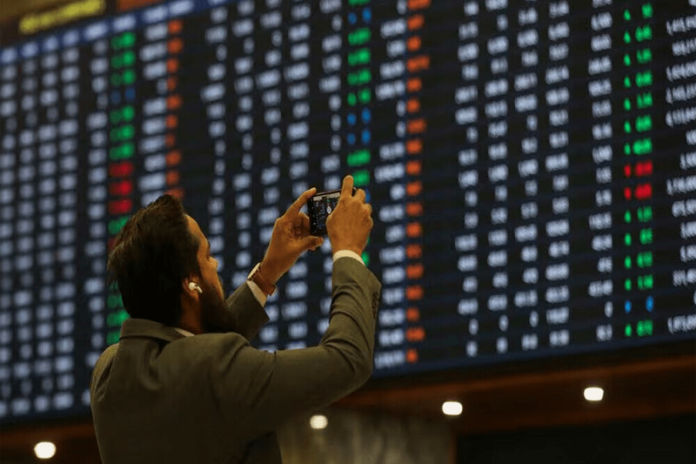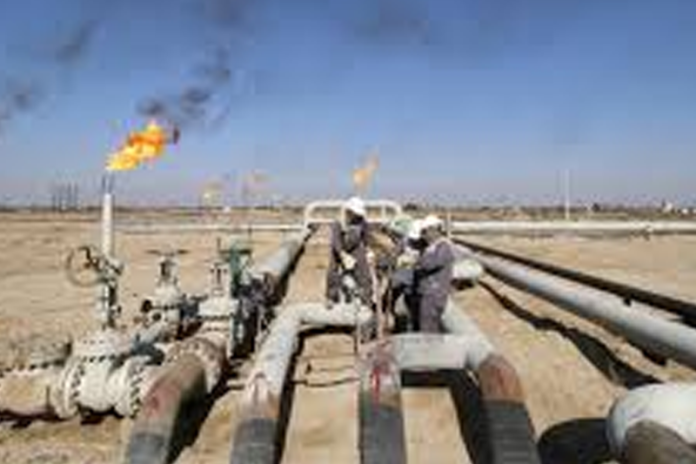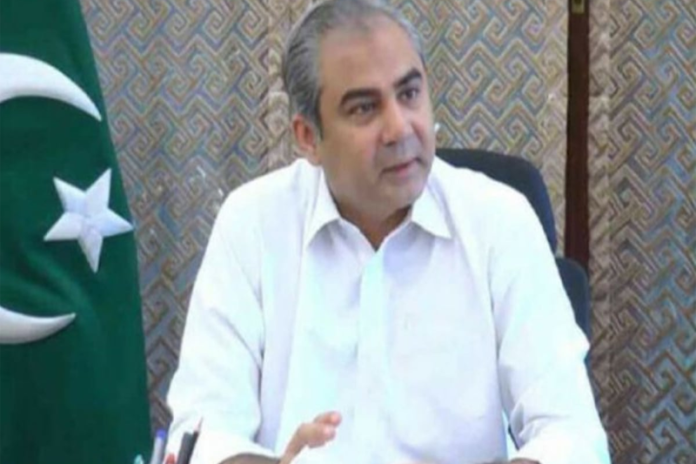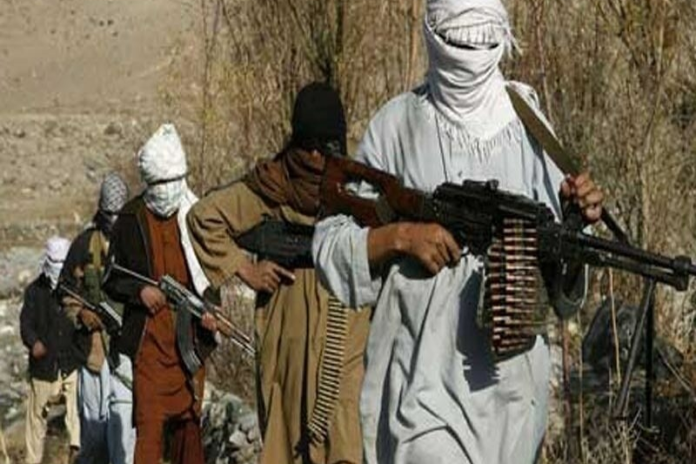SBP chief says Pakistan will bridge $4bn financing gap soon
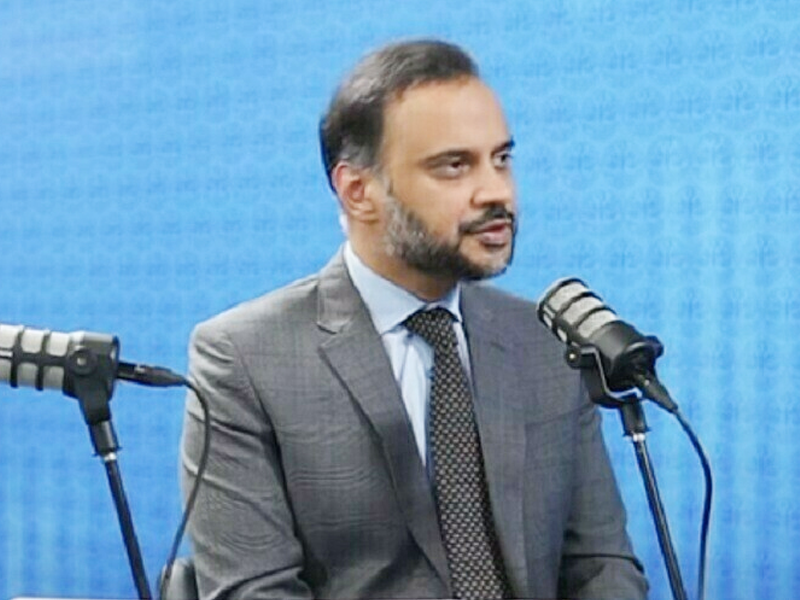
- 366
- 0
Islamabad: State Bank of Pakistan (SBP) acting Governor Dr Murtaza Syed in an interview has assured that Pakistan will bridge an external financing gap of $ 4 billion soon and that economy is “not close to recession mode”.
Dr Syed said Pakistan had already arranged external financing of $ 34-35 billion while it was trying to confirm inflows of $ 4 billion from friendly countries, including Saudi Arabia, Qatar and United Arab Emirates.
“These additional dollar inflows will be materialised for increasing foreign currency reserves’ position to create a buffer in case of a crisis-like situation,” he said.
He did not tell when inflows were expected but said that government and International Monetary Fund (IMF) were both trying to get confirmation of inflows from friendly countries and financing gap would be bridged “soon”. Sources had earlier told that IMF had asked Pakistan to get assurances from Saudi Arabia and UAE that they would give an expected $ 4 billion loan to country after IMF releases its tranche.
He said global supply disruptions had led to a “supercycle of commodities” internationally and Pakistan had no choice but to increase its agricultural productivity in order to ensure food security.
Inflation would remain in higher range for next 11 months to a year and central bank was keeping its target between 18-20 percent on average in current fiscal year, he said.
Dr Syed said there was no magic wand to control inflation immediately and people would have to face a difficult situation for some time. “We know it is a difficult phase but there is no other choice.”
“We are not close to recession mode but there is a need to handle economy in a careful manner,” he cautioned. He said Pakistan would continue to go through boom and bust cycles unless structural problems in economy were fixed. He noted that GDP growth during last fiscal year came in at 6 percent, which led to “overheating” and caused imbalances.
Country would have to increase its exports and foreign direct investment to avoid boom and bust cycles. “This boom and bust cycle cannot be overcome until private sector attracts dollar inflows. Currently, IMF helps to manage external financing gap. When Fund programme ends, there is no binding force to make country stick to path of reform process.”
Pakistan’s external financing gap was “not huge”, he said. However, it became a problem because unlike other countries where private sector stepped in to help, in Pakistan, it was government that was solely responsible for bridging gap, he added. He denied that country was facing a debt crisis, stating that its overall debt was “manageable”. When he was asked how latest crisis had come about, Dr Syed said previous government’s decision to subsidise fuel had “irked” IMF. In addition, last year’s budget had led to an expansionary policy and monetary policy had adapted with a “time lag”. There was also a lag in availability of data that resulted in policymakers taking a longer time to respond to emerging economic realities, he added.
Published in The Daily National Courier, August, 08 2022
Like Business on Facebook, follow @DailyNCourier on Twitter to stay informed and join in the conversation.













